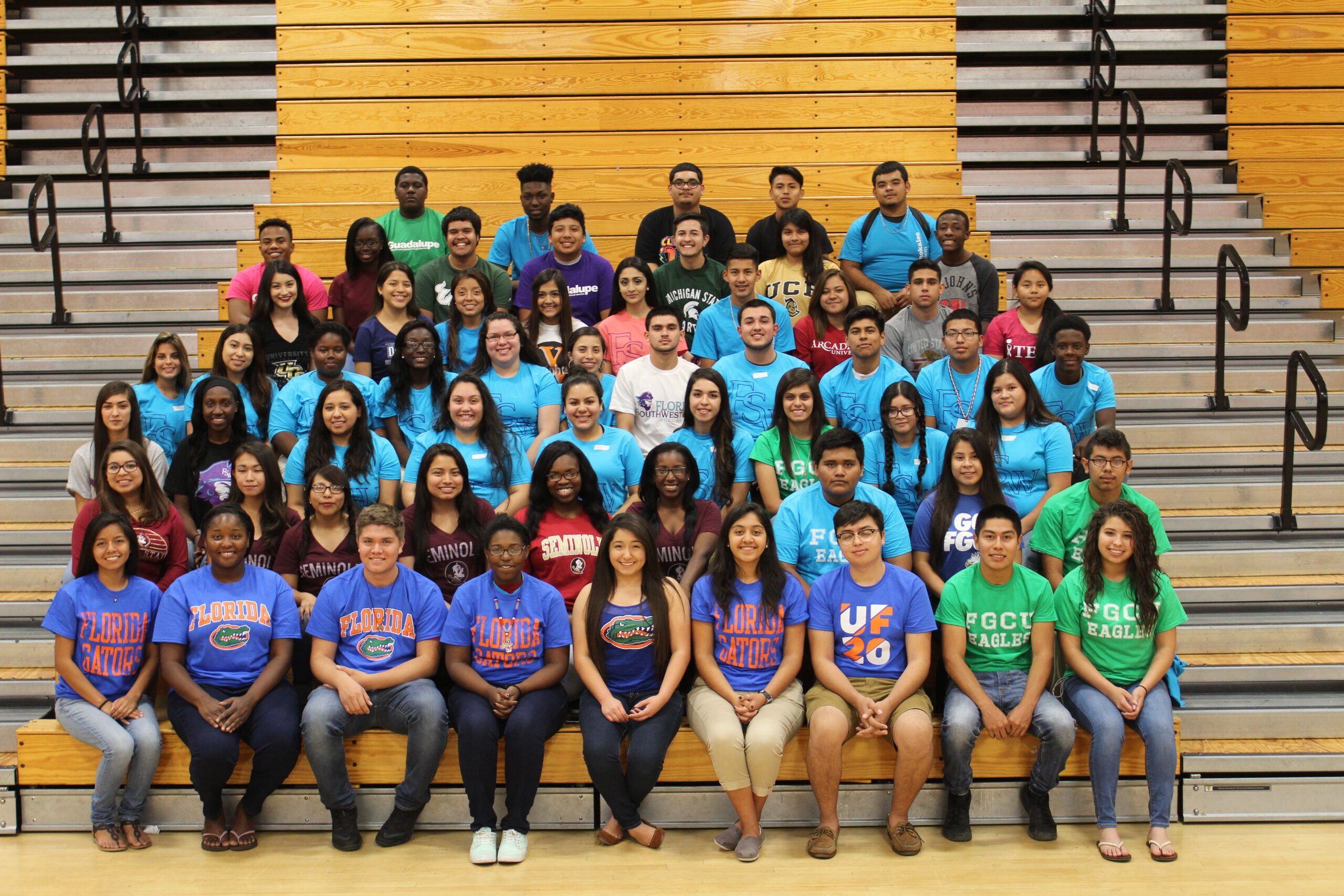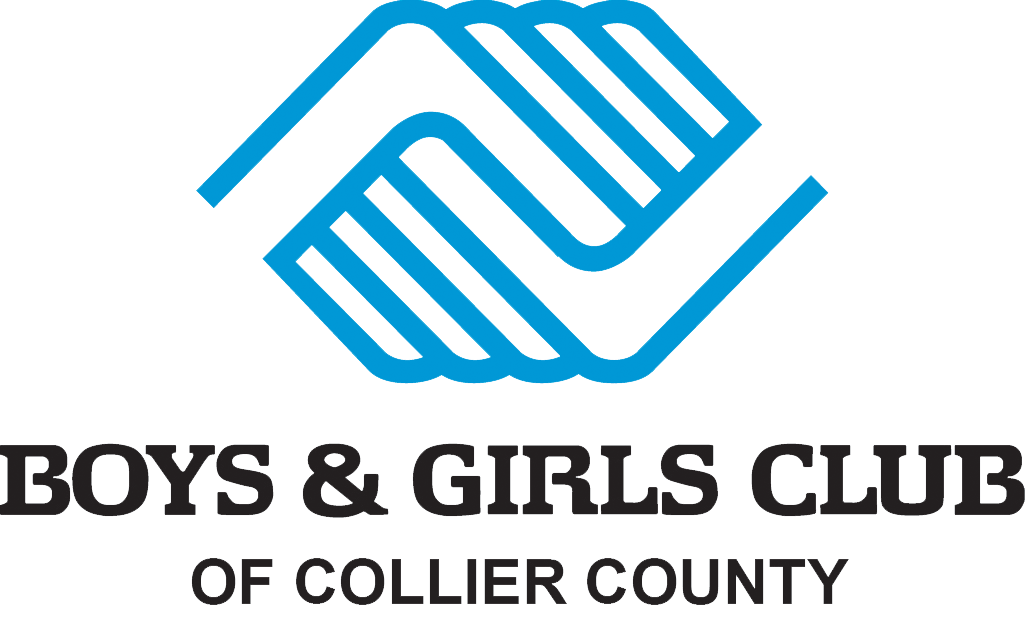6Out-of-School Time

This strategic initiative was developed to provide innovative, groundbreaking programming to close gaps in education during after-school, holiday and summertime hours.

Within Collier County there was a significant gap in out-of-school time (OST) program services, particularly for students in Immokalee. Unsupervised after-school hours and unoccupied weekends can lead to experimentation, risky and dangerous behavior. However, for Immokalee children, the need for OST programs reaches far beyond providing a safe environment. Without the additional time and resources for academic support (including summer when learning loss of children from poverty far exceeds that of their peers), their opportunity for success is greatly diminished. All students can learn; time and resources are the key.

Since inception in 2012, over 57,000 children in Immokalee have participated in out-of-school time programs contributing to a 22.7 percentage point increase of the graduation rate for Immokalee High School to 87.4% in 2023.

NCEF's Contribution to the Solution

Children’s Out-of-School Time
The goal of the children’s Out-of-School Time Initiative is to provide high-quality, purposeful programs to Immokalee students.
The Boys & Girls Club of Collier County (BGCCC) offers a variety of tested and proven programs designed to empower youth to excel in school, become good citizens and lead healthy, productive lives. Programs are tailored to the local community and customized for each age group to meet interests and developmental needs of at-risk, low-income students from Immokalee between the ages of 6-18.
The Immokalee Foundation’s Immokalee Readers program is designed to target the lowest performing students who need additional reading support. The curriculum is executed by a teacher and supported by high school tutors. In the Career Pathways program, middle school students are offered homework help and tutoring while receiving career exposure and exploration like the high school program which is a more in-depth approach where students also receive internship opportunities.
In Immokalee, families have a history of little academic or career success. According to 2020 census data, the population is an estimated 24,557 people but less than half over the age of 25 have a high school diploma or higher. Consequently, a lack of family support and a vision of a future outside the Immokalee community, the current school population struggles to meet Florida’s academic standards and fails to realize the education-career connection.
Between the 2017/2018 school year and the 2022/2023 school year, there was an 77% increase in the number of students absent for 21 or more days. Absenteeism leads to low performance levels which discourages students, making them less likely to attempt challenging classes and making graduation and matriculation into college or post-secondary training programs an almost insurmountable challenge.
NCEF’s efforts focus on leveraging resources, expanding capacity, providing academic safety nets and offering enrichment opportunities in a collaborative approach.
The Boys & Girls Club of Collier County (BGCCC) offers a variety of tested and proven programs designed to empower youth to excel in school, become good citizens and lead healthy, productive lives. Programs are tailored to the local community and customized for each age group to meet interests and developmental needs of at-risk, low-income students from Immokalee between the ages of 6-18.
The Immokalee Foundation’s Immokalee Readers program is designed to target the lowest performing students who need additional reading support. The curriculum is executed by a teacher and supported by high school tutors. In the Career Pathways program, middle school students are offered homework help and tutoring while receiving career exposure and exploration like the high school program which is a more in-depth approach where students also receive internship opportunities.
Since inception, initiative partners have worked together, developed trust and redefined the way out-of-school time services are provided. As a result, the initiative has developed ways of working together as a collective impact.

We are proud to collaborate with esteemed organizations that exemplify the highest efficacy standards.
Blueprint Partners including Boys & Girls Club of Collier County, Guadalupe Center, Redlands Christian Migrant Association (RMCA) and The Immokalee Foundation, in collaboration with Collier County Public Schools, work collectively to develop groundbreaking programs that close education gaps during non-school hours.

Help Move Our Mission Forward
We encourage you to take action and support out-of-school time programs. Start by spreading awareness about the importance of enrolling students into academic programs. Inform others about how these activities go beyond education and provide youths with safety and supervision.
As the need in our community continues to grow, your giving strengthens our ability to achieve our mission. Thank you for support!











